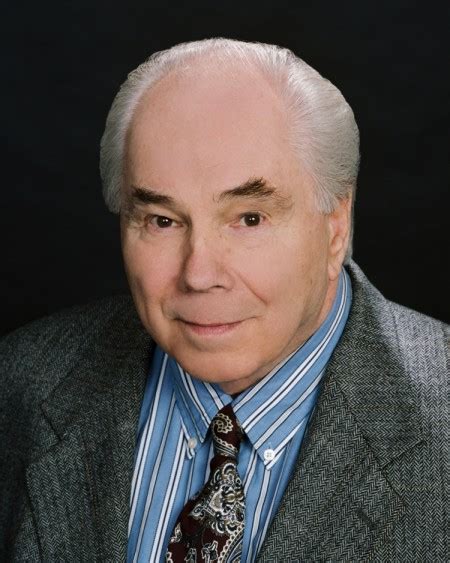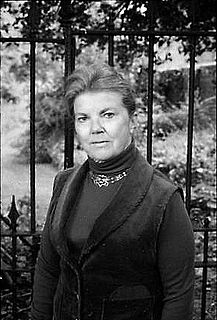A Quote by Jim Rohn
The Bible give us a list of human stories on both sides of the ledger. On list of human stories is used examples - do what these people did. Another list of human stories is used as warnings - don't do what these people did. So if your story ever gets in one of these books, make sure they use it as an example, not a warning.
Related Quotes
So I found myself telling my own stories. It was strange: as I did it I realised how much we get shaped by our stories. It's like the stories of our lives make us the people we are. If someone had no stories, they wouldn't be human, wouldn't exist. And if my stories had been different I wouldn't be the person I am.
Humans like stories. Humans need stories. Stories are good. Stories work. Story clarifies and captures the essence of the human spirit. Story, in all its forms—of life, of love, of knowledge—has traced the upward surge of mankind. And story, you mark my words, will be with the last human to draw breath.
Yet again, an ancient answer echoes across the centuries: Listen! Listen to stories! For what stories do, above all else, is hold up a mirror so that we can see ourselves. Stories are mirrors of human be-ing, reflecting back our very essence. In a story, we come to know precisely the both/and, mixed-upped-ness of our very being. In the mirror of another's story, we can discover our tragedy and our comedy-and therefore our very human-ness, the ambiguity and incongruity, that lie at the core of the human condition.
Short story writers simply do what human beings have always done. They write stories because they have to; because they cannot rest until they have tried as hard as they can to write the stories. They cannot rest because they are human, and all of us need to speak into the silence of mortality, to interrupt and ever so briefly stop that quiet flow, and with stories try to understand at least some of it.
It used to be, if you were a reporter, you wrote a story and then you moved on to the next one. We were used to people coming to the New York Times. We waited for them to turn on our website or to pick up our print paper and see what we have. We now understand that we have to make our stories available to our readers. A lot of people get their news from Facebook or Twitter and we want to make sure that they see some of our best stories there, too. We do this more aggressively now than we did before.
I do like crime thriller stories. That's because these stories have a lot of layers. There are always three sides to such stories... there is a truth, there is a lie and then there is the ultimate truth. Different human emotions and intense interpersonal relationships form the core of stories in this genre.
This kingdom of God life is not a matter of waking up each morning with a list of chores or an agenda to be tended to, left on our bedside table by the Holy Spirit for us while we slept. We wake up already immersed in a large story of creation and covenant, of Israel and Jesus, the story of Jesus and the stories that Jesus told. We let ourselves be formed by these formative stories, and especially as we listen to the stories that Jesus tells, get a feel for the way he does it, the way he talks, the way he treats people, the Jesus way.
The desire for story is very, very deep in human beings. We are the only creature in the world that does this; we are the only creature that tells stories, and sometimes those are true stories and sometimes those are made up stories. Then there are the larger stories, the grand narratives that we live in, which are things like nation and family and clan and so on. Those stories are considered to be treated reverentially. They need to be part of the way in which we conduct the discourse of our lives and to prevent people from doing something very damaging to human nature.
Stories ought not to be just little bits of fantasy that are used to wile away an idle hour; from the beginning of the human race stories have been used - by priests, by bards, by medicine men - as magic instruments of healing, of teaching, as a means of helping people come to terms with the fact that they continually have to face insoluble problems and unbearable realities.
When the U.S. asks for the extradition of a terrorist, if Turkey doesn't have that individual on the terror list, what do we say, what do we respond? Now, the individual might not be on your terror list or terrorist list. But if he is on my list, and if we have an agreement on the extradition of criminals, if I make the request, then, well, you should extradite that person. And there has been numerous examples of that mechanism working with many other nations as well, not just the U.S.




































